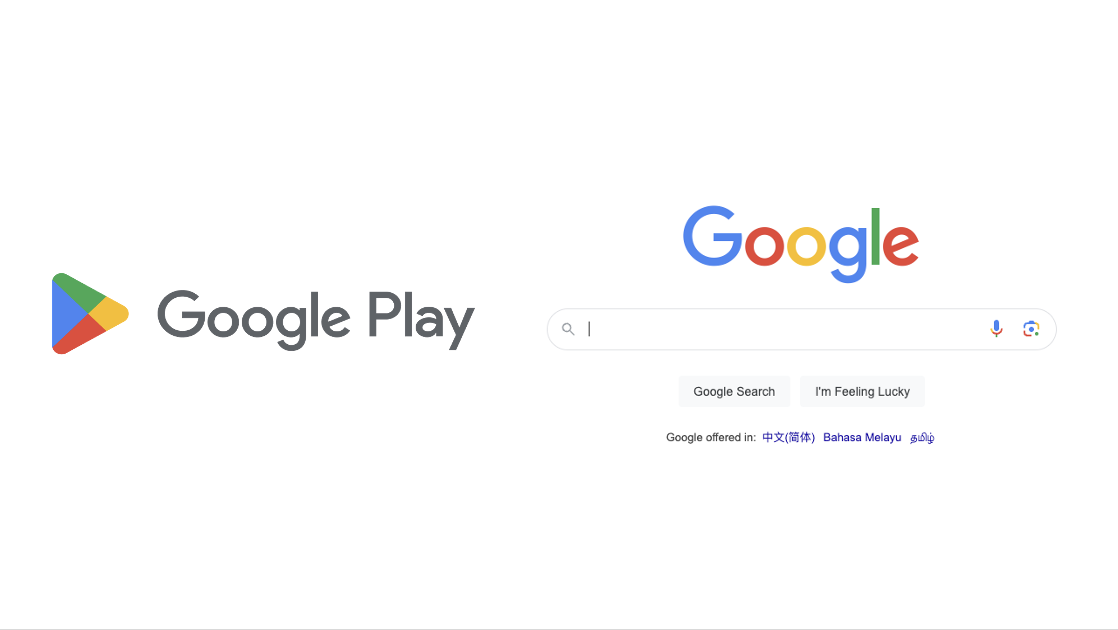Google has been under immense pressure lately. Just three weeks ago, a federal judge ruled that the company violated antitrust laws by illegally maintaining a monopoly in the search market. Alphabet, Google’s parent company, was found to have paid billions to Apple to keep Google Search as the default engine on Safari. And just yesterday, another judge ordered Google to open its Android ecosystem, allowing third-party app stores to compete more openly on its Play Store.
This latest ruling stems from the ongoing antitrust lawsuit brought by Epic Games, the developer of Fortnite. Epic argued that Google used its dominance in the Android ecosystem to extract excessive profits from app developers through its Play Store. Now, Google must allow third-party app stores to access its app catalog and can no longer offer exclusive incentives to developers. These remedies, set to last three years, are going to reshape the competitive landscape within Android.
Apple vs. Epic: A Parallel Battle
Google’s situation mirrors Apple’s recent clash with Epic Games. Back in 2021, Epic filed a similar lawsuit against Apple, accusing the company of anti-competitive practices related to its 30% commission on in-app purchases. While Apple came out ahead on most legal points, the court still ordered them to allow developers to direct users to alternative payment methods.
For Epic, this was a partial win—Apple avoided the harsher penalties Epic had hoped for. Google, however, might not be so fortunate. If Google’s appeal doesn’t succeed, the changes imposed on its Play Store could be even more significant than what Apple faced. Apple only had to open up third-party payments; Google will need to provide much broader access to its app ecosystem, with oversight for the next three years.
Competition Intensifies in Search
At the same time, Google’s core business—search—is facing more competition than ever before. AI-driven platforms like Perplexity, backed by Jeff Bezos, are emerging as alternatives that offer users concise, AI-generated answers. This approach could appeal to those looking for quicker, more direct information.
Meanwhile, Amazon continues to chip away at Google’s search ad dominance. More consumers now start their product searches on Amazon’s e-commerce platform, and by the end of this year, Amazon is projected to capture 22.3% of the U.S. search ad market. For the first time in over a decade, Google’s share might fall below 50%.

Even TikTok is getting into the game, allowing brands to target ads based on search queries. With its massive user base, TikTok’s move into search-based advertising is a direct threat to Google. But Google isn’t sitting still. They’ve already started incorporating ads into their AI-powered search summaries and seem confident they can adapt. However, advertisers now have more alternatives than ever before, and this could slowly chip away at Google’s longstanding dominance in search advertising.
Alphabet: Buy, Sell, or Hold?
Between the mounting legal battles and intensifying competition, Alphabet’s future is looking uncertain. Investors are particularly wary of the possibility that Alphabet could be broken up, with Google Search potentially being spun off. Considering that search contributes 57% of Alphabet’s revenue, such a move would be highly significant.
Apple managed to weather its antitrust fight with Epic, but the stakes are higher for Google. The Play Store, Android OS, and search are all under scrutiny, and the consequences could be far-reaching. Still, it’s too early to count Alphabet out. The company’s scale, resources, and distribution power remain formidable.
History tells us that tech giants have survived antitrust cases without catastrophic outcomes. Look at Microsoft in the late 1990s—they were ordered to split up but ultimately avoided it after appealing the decision. Alphabet could find itself on a similar path, where adjustments are made, but the company’s core remains intact.
While Alphabet remains a dominant player, these developments signal a new era of competition and regulation. For long-term investors, it’s crucial to monitor how these challenges affect Google’s moat and whether it can sustain its leadership in search and app distribution. For now, Alphabet isn’t a sell, as long as its moat stays intact.

